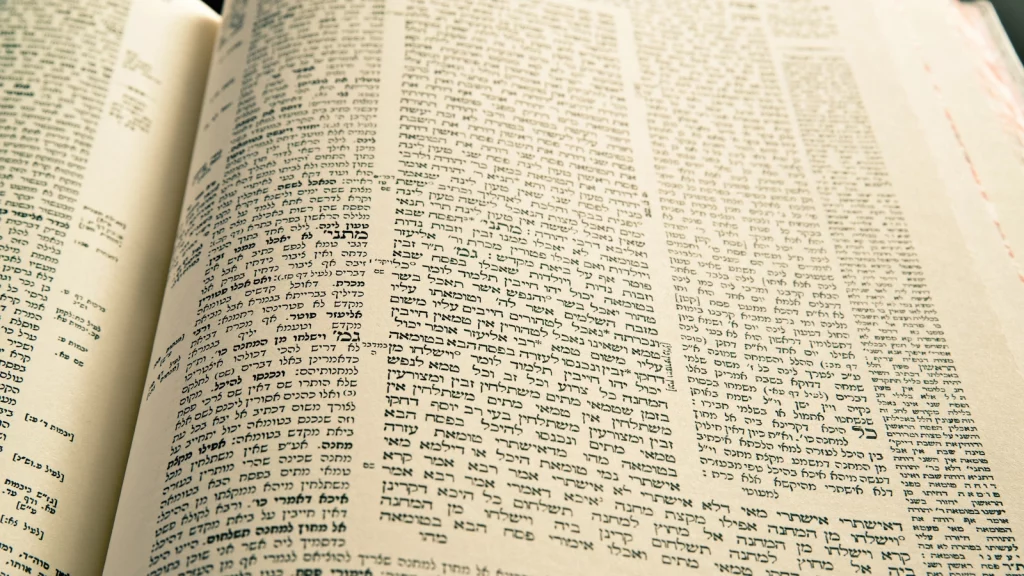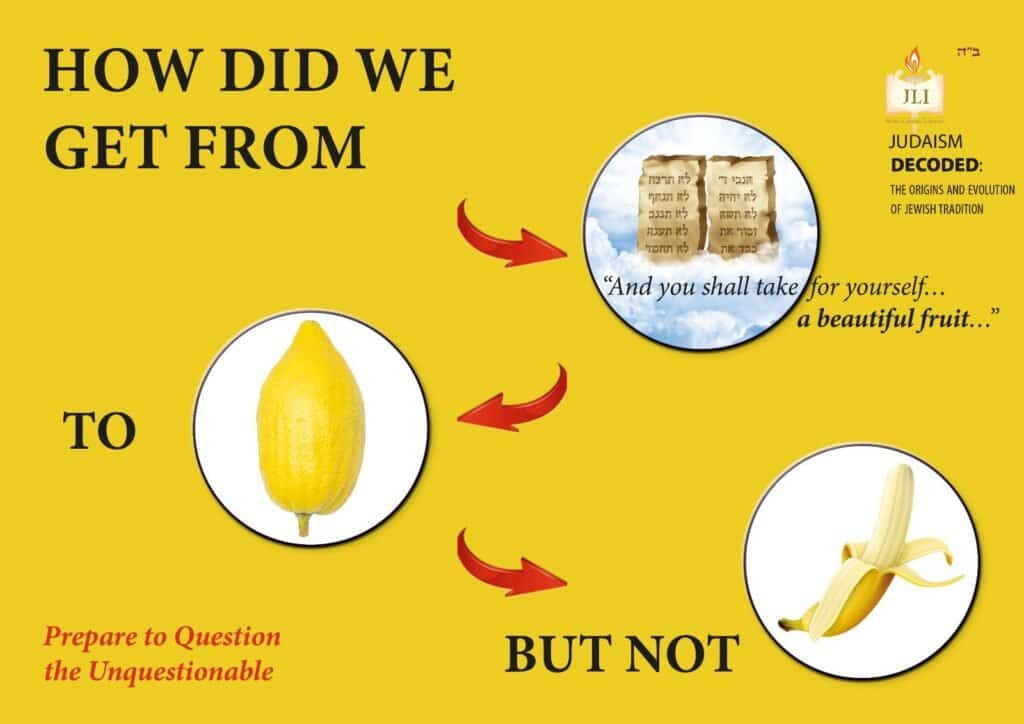A few weeks ago, we read the Torah portion, that describes one of the most enigmatic events in the birth of the Jewish people; namely the struggle that Jacob had with a “being” in the middle of the night, just before he was to meet up with Esau, the brother, whose wrath he had to flee from 34 years prior.
After his wrestling match, Jacob was told: “Your name shall no longer be Jacob, but Yisrael, for you have striven with beings Divine and human, and have prevailed”.
Note, that this is not an adjustment of an existing name but rather an entirely new name, as if to signal that what it represents is a complete change of character. However, having said that his name will be changed the Torah continues to still call him Jacob, indeed G-d Himself does so. How so, when the Torah tells us that his name will be changed to Yisrael, is he still called Jacob?
Chief Rabbi Sacks explains this in the following way: “Jacob acquired his name because he was born holding on to his brother Esau’s heel. That was consistently his posture during the key events of his early life. He bought his brother’s birthright. He wore his brother’s clothes. At his mother’s request, he took his brother’s blessing. When asked by his father, “Who are you, my son?” He replied, “I am Esau, your firstborn.” Perhaps Jacob was the man who wanted to be Esau. Jacob was in a constant struggle within himself. He wanted to be someone else!
All that changed in the great wrestling match he had with the unknown stranger. Our Sages teach us that this stranger was an angel in disguise. After they fight, he tells Jacob that his name would now be Israel. The stated explanation of this name is: “for you have wrestled with G-d and with man and have prevailed”. Be a prince. Be royalty. Be upright. Be yourself. Don’t long to be someone else. This would turn out to be a challenge not just then but many times in the Jewish future.
Often, Jews have been content to be themselves. But from time to time, they encounter a civilisation whose intellectual, cultural, and even spiritual sophistication was undeniable. It made them feel awkward and inferior. Some left the fold and others changed their names. They hid their identity. None of us is entitled to be critical of what they did. The combined impact of intellectual challenge, social change, and blatant antisemitism was immense. Yet this was a Jacob response, not an Yisrael one.
Jacob was often fearful because he was not sure who he wanted to be, himself or his brother. That is why G-d said to him, “Let your name not be Jacob but Yisrael.” When you are afraid, and unsure of who you are, you are Jacob. When you are strong in yourself, as yourself, you are Israel.
The fact that the Torah and tradition still use the word Jacob, not just Yisrael, tells us that the problem has not disappeared. Jacob seems to have wrestled with this throughout his life, and we still do today.
I believe the challenge issued by the angel still echoes today. Are we Jacob, embarrassed by who we are? Or are we Yisrael, with the courage to stand upright and walk tall in the path of faith?
In 1812 on the 24 th of Tevet, corresponding this year to 6 th January, Rabbi Shneur Zalman, also known as the Alter Rebbe, the first Chabad Rebbe, passed away. His philosophy and hence the Chabad philosophy is articulated in great depth in his famous book known as “Tanya” or Sefer Shel Beinonim, which means The Book for the Intermediate Person, or the Guidebook for the Struggling Person.
Who is the Beinoni? There are those who constantly struggle with themselves. This battle is between the “Animal Soul” that is self-centred and focuses on survival and instantaneous gratification and the “G-dly Soul” aligned with the infinite depth and purpose of existence. Their lives constitute a fight between these two perceptions of the self and the world. In his book he explains the inner workings of our emotional and spiritual DNA and sets out a pathway for a real and authentic connection to our best selves and to G-D.
Success does not lie in perfection but rather in overcoming our daily internal struggles. G-d does not necessarily want us to become Tzaddikim, totally righteous people. Not everyone can attain the spiritual perfection of the Tzaddik. The hero of the Tanya is the Beinoni who opens a door for everyone, in every situation and on every level, to find their own place among those who are striving to connect with their own Judaism.
The Beinoni is not the individual who always wins, but they are also not the person who is defeated. They are individuals who struggle daily to uncover the truth of their own existence and how best to connect with G-d.
The Alter Rebbe termed his work the Sefer Shel Beinonim because he was attempting to tell us, that whilst we cannot always become Yisrael, it is okay to live a “Jacob” life, so long as we never give up on ourselves and our mission. He was attempting to make Judaism real and intimately close, so that in-spite of our personal struggles we never write ourselves off.
Yet, wherever you are in life, you can become a conduit for the infinite and bring heaven down to earth.



